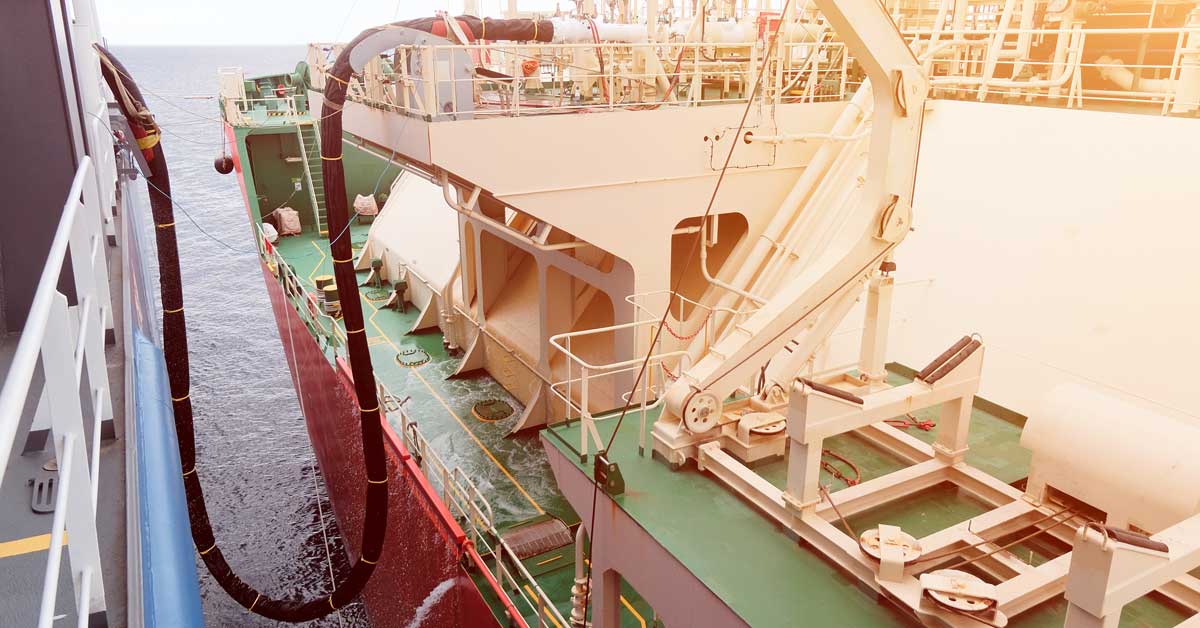1 min read
2025 Timeline: US and EU Anti-Dumping Duties and Investigations on Key Chinese Chemicals
ResourceWise
:
Sep 16, 2025 11:49:03 AM

In the ever-evolving world of global trade, anti-dumping measures continue to shape supply chains, particularly in the chemicals sector. For businesses reliant on imports like 1,4-Butanediol, Adipic Acid, Epoxy Resins, and Methylene Diphenyl Diisocyanate (MDI), 2025 has brought a wave of new investigations and duties from major markets such as the US and EU.
These actions aim to protect domestic producers from unfairly priced imports, often alleging dumping margins that distort competition. As someone in the chemicals industry, staying ahead of these developments is crucial for managing costs, sourcing strategies, and compliance.
What Are Anti-Dumping Duties and Why Do They Matter?
Anti-dumping duties (AD) are tariffs imposed when foreign goods are sold below fair market value, causing material injury to local industries. In 2025, China has been a focal point due to its dominant role in chemical production. For context, chemicals like Epoxy Resins (used in coatings and adhesives), MDI (essential for polyurethanes), Adipic Acid (key in nylon production), and 1,4-Butanediol (vital for plastics and solvents) have seen heightened scrutiny.
These probes can lead to provisional or definitive duties, retroactive registrations, and supply disruptions. Businesses should monitor these closely, as duties can range from 10% to 500%, drastically altering import economics.
Key 2025 Timeline: From Petitions to Duties
Here's a chronological overview of the major anti-dumping activities targeting Chinese chemicals relevant to common business portfolios. This focuses on confirmed cases from the US and EU authorities.
As of September 16, 2025, no final duties have been imposed on MDI or Adipic Acid, but provisional measures could emerge soon. For 1,4-Butanediol, the EU investigation remains ongoing, with duties potentially by early 2026.
Looking Ahead: A Tense Trade Environment
2025 underscores the geopolitical tensions in the chemicals trade, with the US and EU prioritizing "fair trade" amid supply chain resilience pushes. While these measures protect local jobs, they challenge importers—potentially leading to higher prices and innovation in bio-based alternatives.




